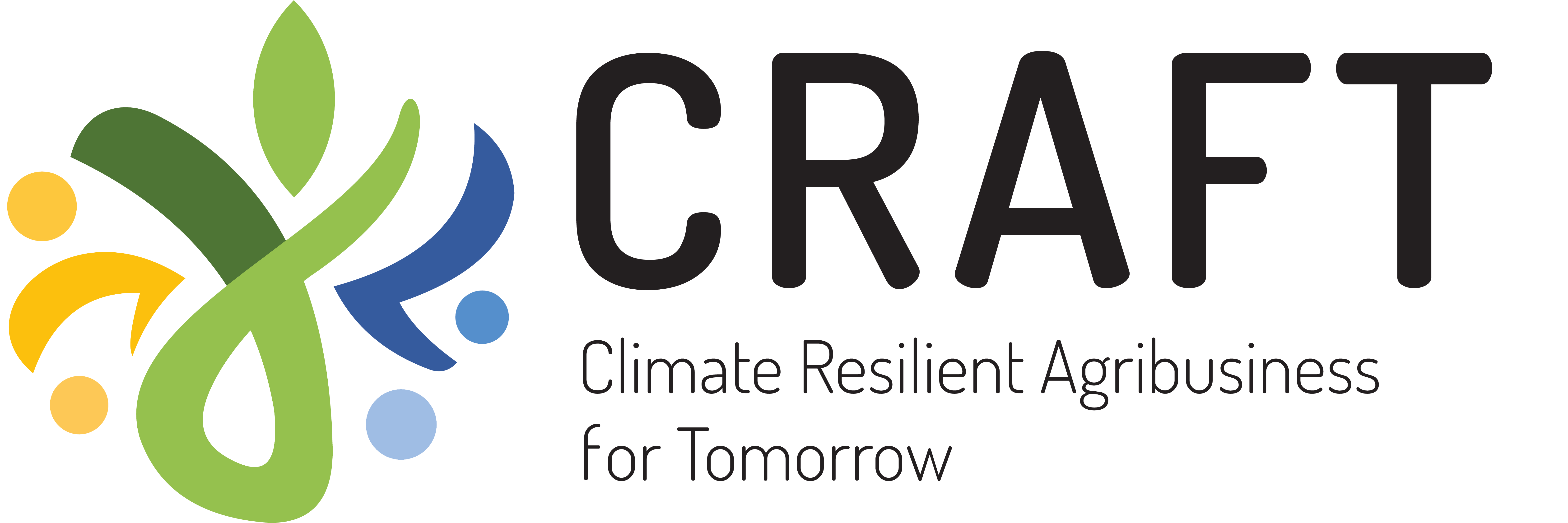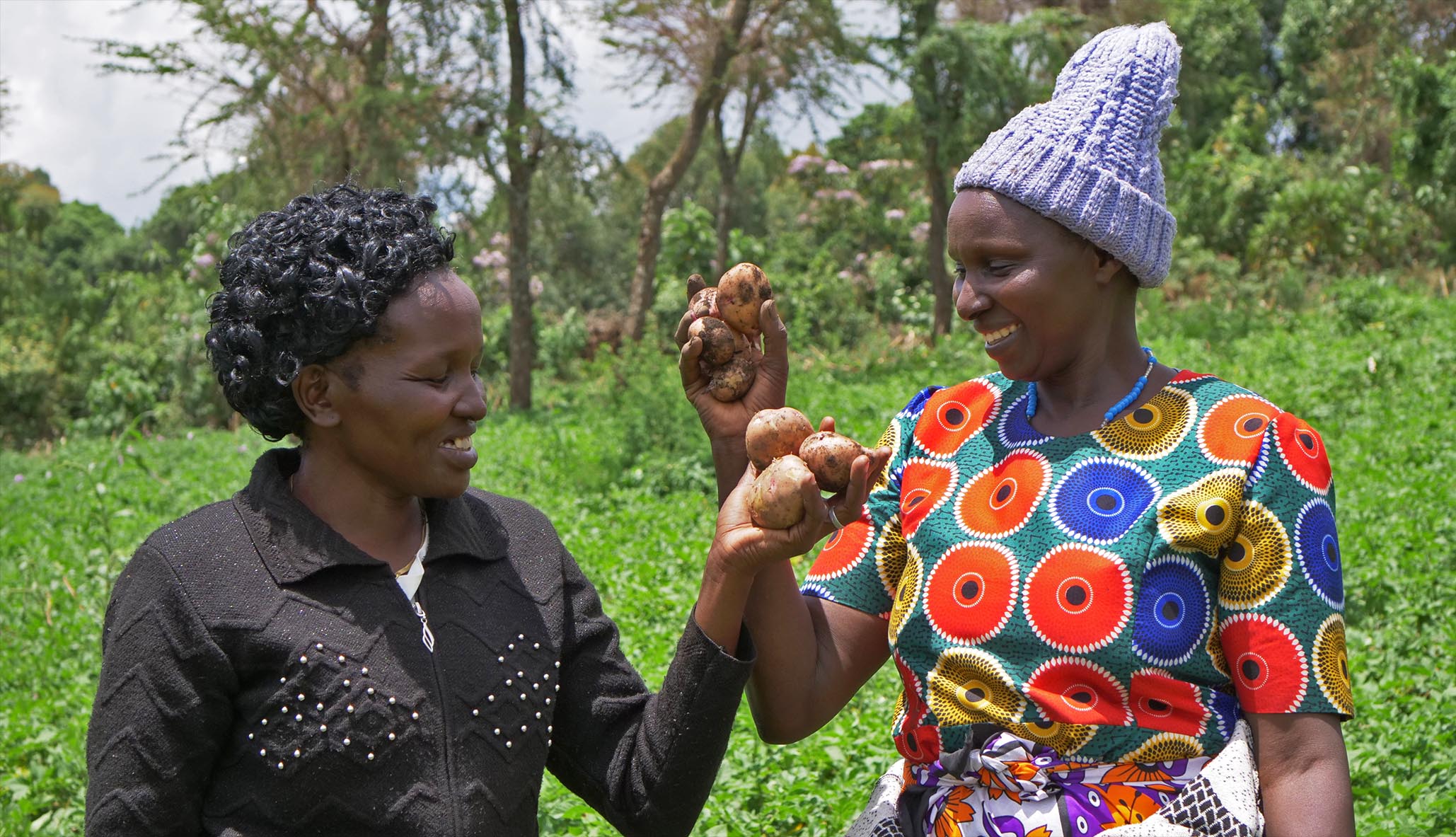
Improving access to productive use of renewable energy and energy efficiency technologies (RE and EE) increases agricultural productivity and incomes of small holder farmers (SHFs) and agribusinesses, builds their resilience to climate change, and supports the reduction of emissions from agricultural activity since it eliminates the use of fossil fuels.

According to the United Nations (UN), more than a quarter of Sub-Saharan Africa’s population is currently undernourished. Crop production needs to increase by 260% by 2050 to feed the continent’s projected population growth. The UN therefore recommends that Africa’s agriculture must undergo a significant transformation to meet the simultaneous challenges of climate change, food insecurity, poverty, and environmental degradation - of which innovative climate smart agriculture (CSA) practises and technologies are in due part, the solution.

Agriculture is more than just a sector in East Africa: it is the backbone of the region’s economies. In Kenya for instance, about 80 percent of the workforce participates in farming or food processing, while in Tanzania, the sector contributes nearly $13.9 billion to the GDP. Overall, it accounts for nearly 30 percent of GDP in the region and employs over 60 percent of the population. It is vital to develop and implement innovative interventions that support the development of the sector.
More Articles …
- Promoting equitable participation in agricultural value chains in East Africa amidst the climate challenge
- Improved seed varieties increase incomes and food security for Ugandan communities
- Climate Smart Agriculture Multistakeholder platform formed
- Working with private sector to scale up climate smart agriculture in Uganda











